Easter in Greece – Traditions, Customs and Festive Atmosphere
In Greece, Easter (Πάσχα) is the most significant and joyful holiday of the year. During the holiday days, the whole country is filled with a special spirit - scents of traditional dishes, the sound of liturgy and church bells, candles burning up to the doorsteps, and joyful gatherings of families and friends. And everything is “bathed” in colorful flowers.
If you are planning to stay in Greece during Easter, these are the customs worth knowing.
The Holy Fire arrives from Jerusalem
On Holy Saturday, the Holy Fire (Άγιο Φως) is brought by plane directly from Jerusalem to Athens, with a ceremonial welcome broadcasted live on national television. Then the fire is transferred to churches all over Greece, where priests distribute it to the believers during the midnight liturgy.
Good Friday in Greece - silence, prayer, and tradition
Good Friday in Greece is marked by silence and prayer, as the saddest day in Orthodoxy. On that day, no liturgy is served - instead, passages from the New Testament are read in churches, the bells are silent and replaced by wooden clappers. The faithful are dressed modestly, in darker clothing, and spend the day in church, contemplating Christ’s suffering.
On that day, the whole of Greece falls silent in pious silence.
In the morning, on Good Friday, women from the parish come to the church to decorate the epitaphios (the stand representing Christ’s tomb). It is adorned with fresh flowers - roses, lilies, and fragrant herbs, and in silence, with deep respect, they prepare the plaschanitsa, symbolizing Christ’s body. This ritual of decoration represents profound piety and sorrow for Christ’s suffering.
In the evening, a symbolic descent of Christ’s body from the cross is held, and a procession representing his burial travels through the main streets of villages and towns. Leading the procession are the most respected locals, followed by thousands of people in silence, carrying Christ’s body adorned with flowers, with candles lit.
The streets are illuminated, the music in the venues is hushed, and everyone comes out to the streets - from small babies to the elderly. This moment in complete silence permeates the entire place. From that moment until Easter, the faithful kiss the plaschanitsa - the symbol of Christ’s body, while the church remains open for further liturgy and prayers.
Midnight liturgy and candles
Holy Saturday is a day to prepare for a joyous celebration. Fireworks echo in every corner, announcing the happy event - the Resurrection of Christ.
In the evening, around 23:00, the faithful gather in front of the churches. Just before midnight, the priest brings out the Holy Fire, with which the believers light candles. The event is very loud and cheerful, and the entire communities are assembled there. At midnight, everyone together says “Hristos Anesti! - Χριστός Ανέστη!” (Christ is Risen), and the response echoes “Alithos Anesti - Αληθώς Ανέστη!” (Truly He is Risen).
It is customary to take the candle with the flame of the Holy Fire home. The flame is carefully carried, and many draw a cross above the door with it, believing that the home will be protected throughout the year.
Feast after the liturgy
After the midnight liturgy, in many Greek homes, traditional soup magiritsa (μαγειρίτσα) is prepared to break the fast. Learn more about magiritsa here.
Eggs are dyed red, and it is a custom to wish for happiness and health by cracking eggs. After the meal that is often after midnight, people often go out to restaurants and cafes where the celebration continues with friends and family until the early morning hours.
It is a night when Greece never sleeps!
Easter celebration in Greece
Easter in Greece is not only a religious holiday, but also a great family and social celebration.
On Easter day (Resurrection), families in many Greek villages and towns organize outings where lamb is prepared on the spit, with a communal meal. Everyone brings their dishes, and the celebrations continue with music, dance, and merrymaking with family and friends, usually outdoors, in nature.
The festive atmosphere becomes even more intense as Greeks from cities and the diaspora begin to arrive in their native villages to celebrate Easter with their loved ones. This period is known for heavy traffic - it is especially difficult to find available seats in transportation, whether by plane or boat, as tickets are sold out in advance.
Easter in Greece is not only a period of rest, but also an opportunity to strengthen family ties and enjoy precious moments with loved ones.
Local customs that stand out
Greece is rich in regional variations of Easter customs. Some of the most famous are:
Corfu: Throwing large ceramic pots from balconies (botides) symbolizes a new beginning. In the Christian context, the throwing and breaking of jugs symbolizes the victory of life over death, the breaking of Christ’s tomb, and the liberation of the soul. The custom is held on Holy Saturday at exactly 11 a.m., when the Resurrection is symbolically announced.
Chios: Easter night looks like a fiery spectacle due to the famous “fireworks war” between two churches in the village of Vrontados.
Santorini: Lighting torches along fences and rooftops creates an almost mythical atmosphere.
Check out a detailed description of Easter on Thassos, the favorite resort.
Are all places open for the holidays?
During the holiday days, the working hours of stores and markets are changed. Read more about it here:
Working hours of stores during Easter in Greece
The festive atmosphere worth experiencing
If you are in Greece during Easter, take the opportunity to attend the evening liturgy, crack eggs with the locals, and experience the tradition firsthand. Whether you are by the sea, in a big city, or a small village, the festive atmosphere is everywhere.
We are always here to help you explore Greece! Follow us for the latest information, useful tips and authentic experiences to spend an unforgettable vacation in Greece!
We offer over 3,000 accommodations. Choose the right one for you and your family HERE.
Follow us on social networks where we regularly share exclusive offers, discounts and special arrangements for vacations in Greece as well as information, advice and useful news.
Facebook:Nikana.gr
Instagram: @nikana.gr
Tiktok: nikana.gr
Facebook grupa: Live from Greece
YouTube kanal @NikanaTravel
Write to us at e-mail: nikana@nikana.gr
Our site nikana.gr is the leading source of information about Greece.

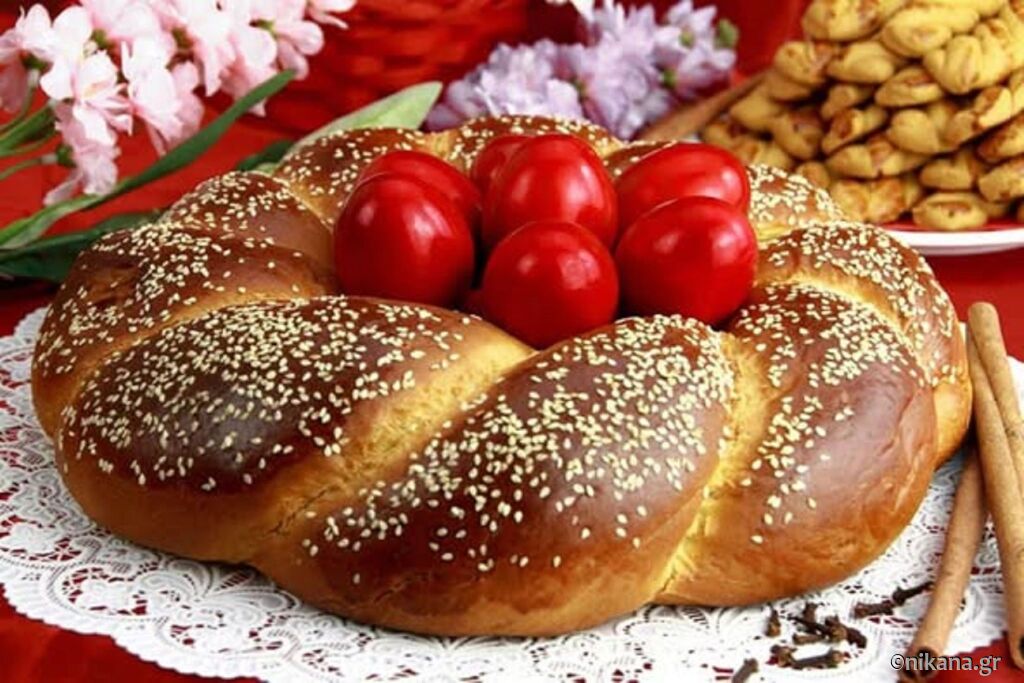
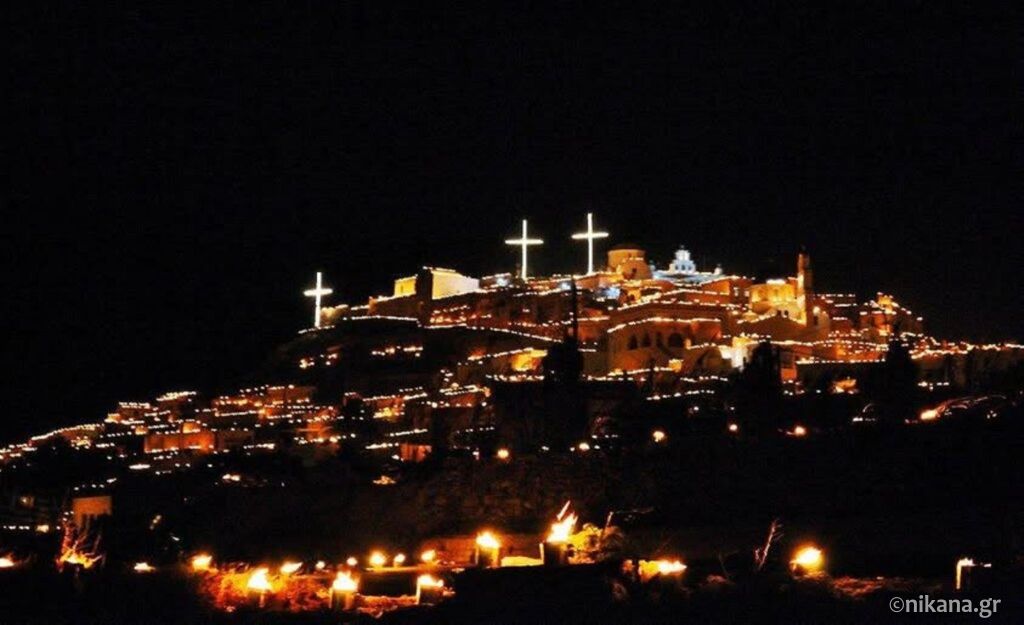
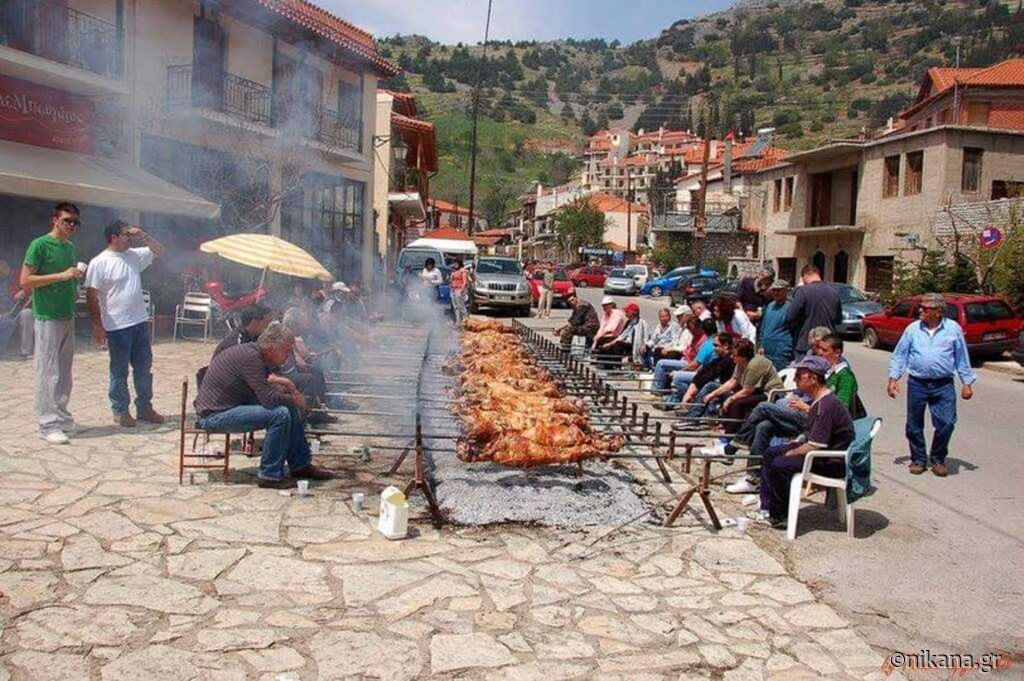
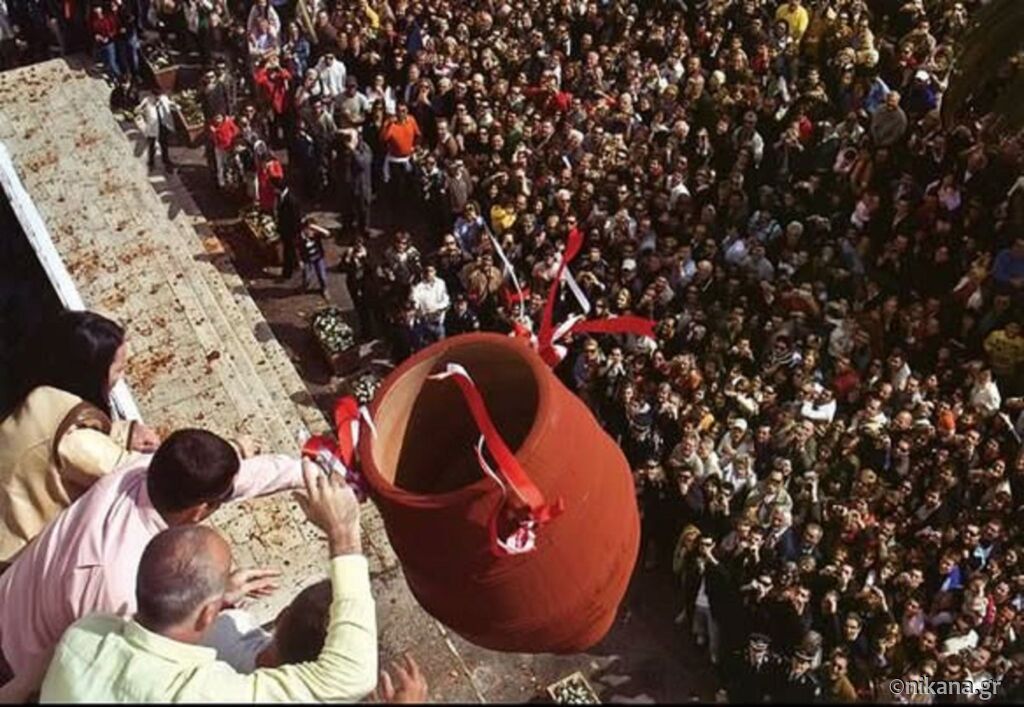
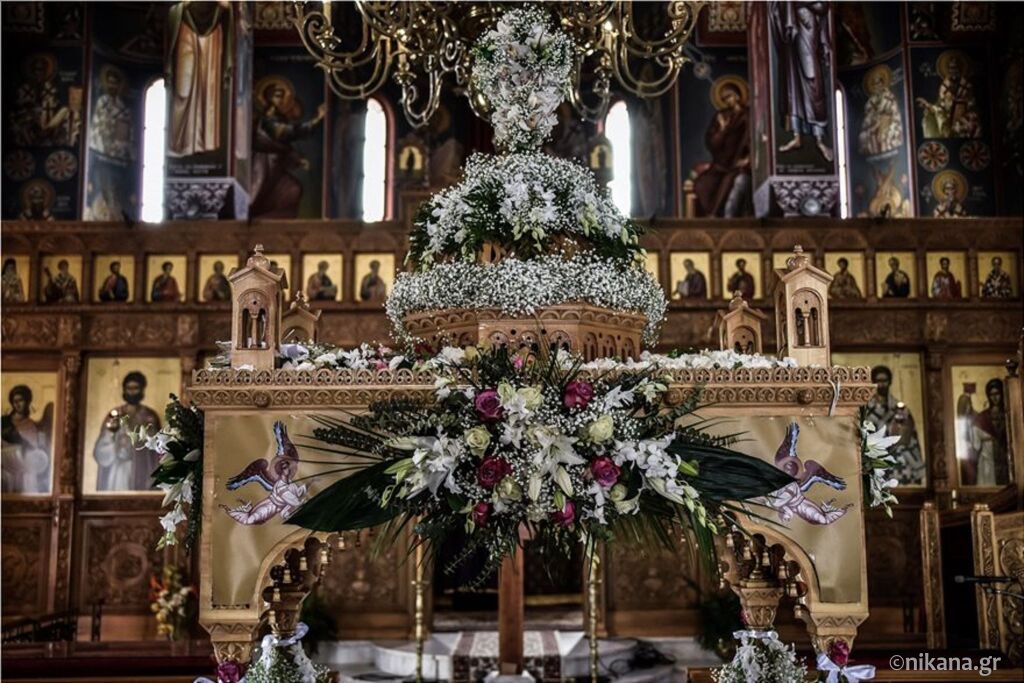









Post a Comment
NOTE
All your questions in the comments will receive an answer via email so check your inbox shortly after you posted comment. For more detailed questions and responses, contact us via mail nikana@nikana.gr.